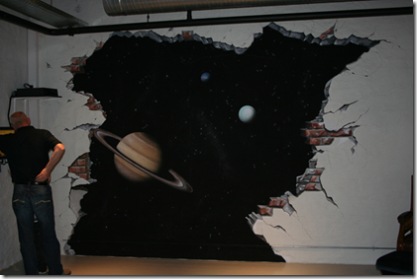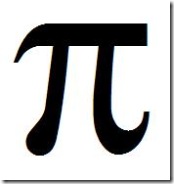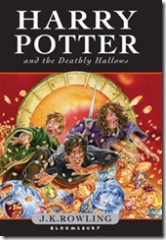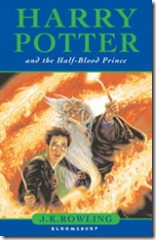Eris is the largest known dwarf planet in the solar system. In other words Eris is larger than Pluto. This was one of the factors that influenced the decision of the International Astronomical Union (IAU) to reclassify Pluto as a Dwarf Planet.
Her is Wikipedia’s entry on Eris
So what is a dwarf planet?
The official definition of a dwarf planet is as follows:
A “dwarf planet” is a celestial body that (a) is in orbit around the Sun, (b) has sufficient mass for its self-gravity to overcome rigid body forces so that it assumes a hydrostatic equilibrium (nearly round) shape, (c) has not cleared the neighbourhood around its orbit, and (d) is not a satellite.
And which solar system objects are larger than Eris?
Check out this graphical depiction of all known bodies in the solar system larger than 320 kilometers all shown to scale.
And of course the definition of a dwarf planet begs the question:
What is a planet?
The official definition of a planet is as follows:
A “planet” is a celestial body that (a) is in orbit around the Sun, (b) has sufficient mass for its self-gravity to overcome rigid body forces so that it assumes a hydrostatic equilibrium (nearly round) shape, and (c) has cleared the neighbourhood around its orbit.
So in simple terms:
- Planets and dwarf planets orbit the Sun and are big/heavy enough to become almost spherical.
- Dwarf planets fail to be defined as planets because they have not cleared their orbits of other objects.
- Satellites do no qualify to be dwarf planets (even if they are larger than some planets and dwarf planets)



 Posted by mph
Posted by mph 



